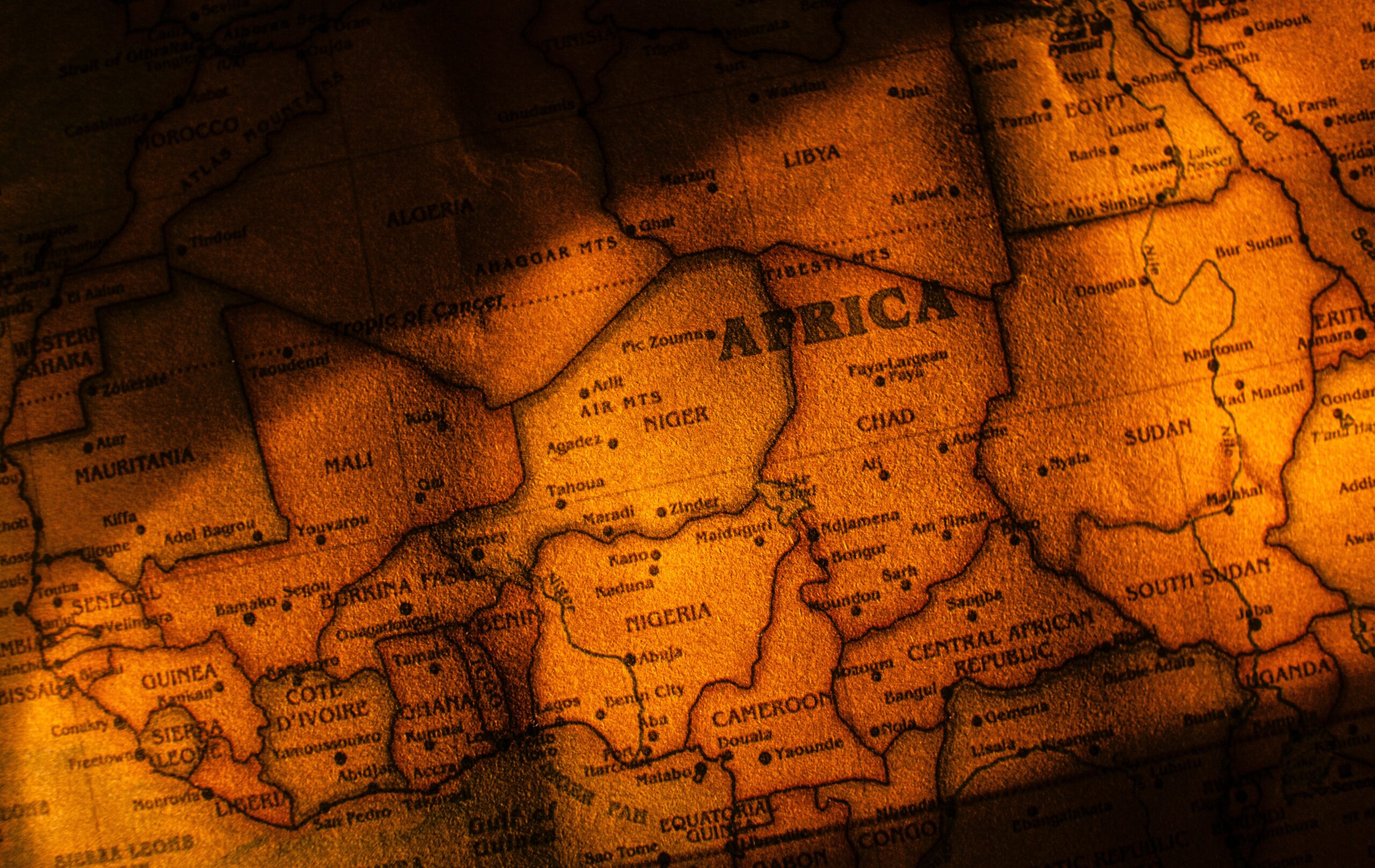When many people think of Africa, they often picture a monolithic entity, a single country with a singular culture and identity. But the reality is that Africa is a continent with over 50 unique countries, each with its own distinct cultures, languages, and histories. Africa is not a country but a continent, and it’s important to understand and appreciate the diversity and complexity of this vast and beautiful continent.
One of the reasons for the widespread misconception that Africa is a country is the lack of education and representation of African countries in the media and education system. Many people in the West are only exposed to limited, negative images of Africa, which can perpetuate harmful stereotypes and misconceptions. It’s important to recognize and celebrate the diversity of African cultures and traditions, rather than reducing them to a single, homogenous identity.
Each country in Africa has its own unique history and culture, shaped by a range of factors such as geography, colonialism, and migration. For example, the languages spoken in North Africa, such as Arabic and Berber, are vastly different from the languages spoken in Southern Africa, such as Zulu and Xhosa. The cultures of West Africa, such as Nigeria and Ghana, have been influenced by centuries of trade with European and Arab countries, while the cultures of East Africa, such as Tanzania and Kenya, have been shaped by a long history of Indian Ocean trade and migration.
In addition to its cultural diversity, Africa is also a continent of great ecological and geological diversity. It boasts some of the world’s most iconic landscapes, such as the savannahs of the Serengeti, the deserts of the Sahara, and the tropical rainforests of the Congo Basin. The continent is home to an incredible array of wildlife, from elephants and lions to gorillas and hippos.
By recognizing and celebrating the diversity of African countries and cultures, we can broaden our understanding of the world and challenge harmful stereotypes and misconceptions. It’s important to educate ourselves and others about the richness and complexity of African cultures and histories, rather than reducing them to a simplistic and inaccurate image.
In conclusion, Africa is not a country but a continent with over 50 unique countries, each with its own distinct cultures, languages, and histories. By appreciating and celebrating the diversity of African countries and cultures, we can broaden our understanding of the world and challenge harmful stereotypes and misconceptions. Let’s work together to promote a more nuanced and accurate understanding of this amazing continent.

Comments are closed